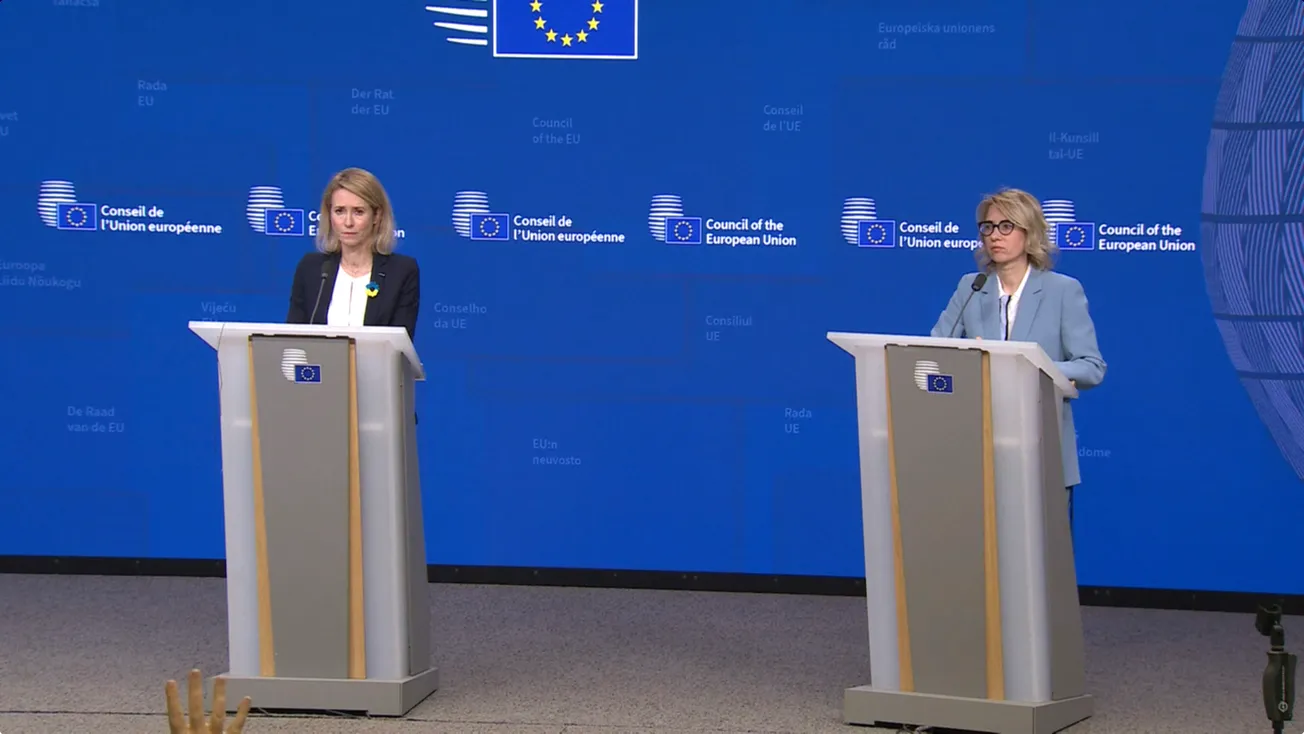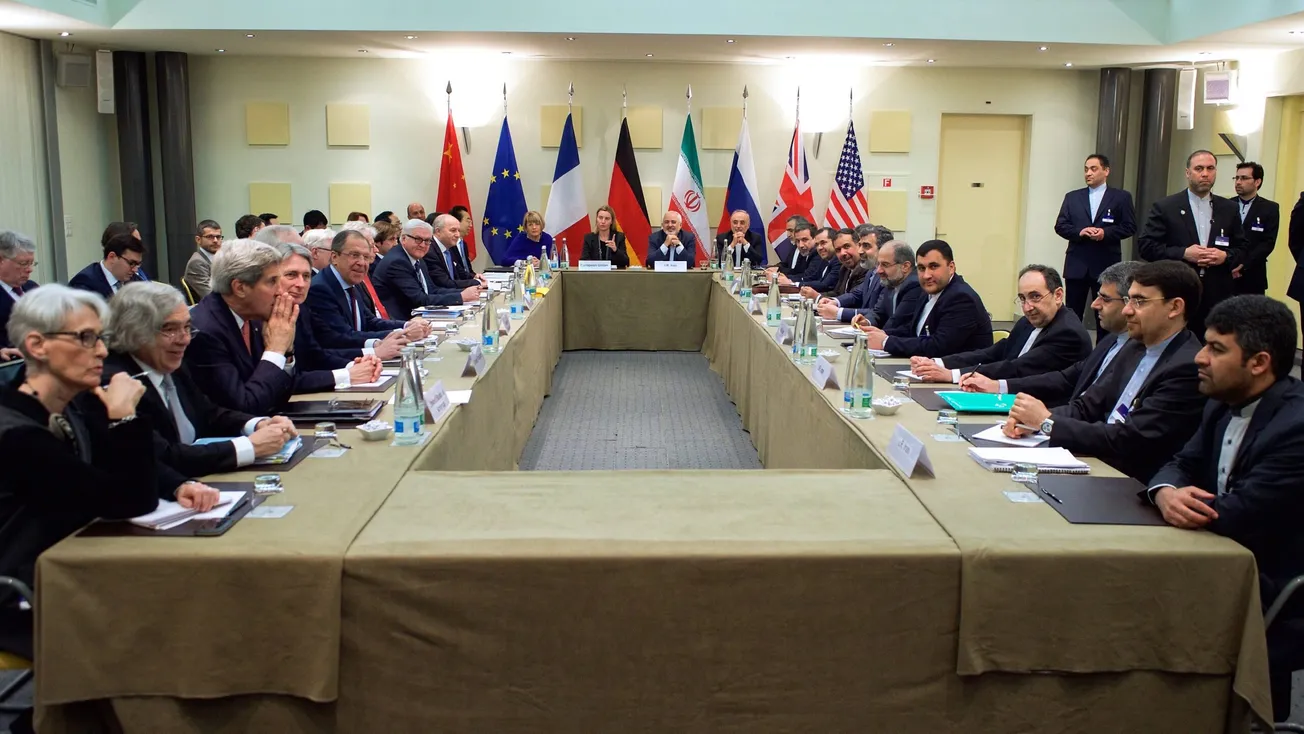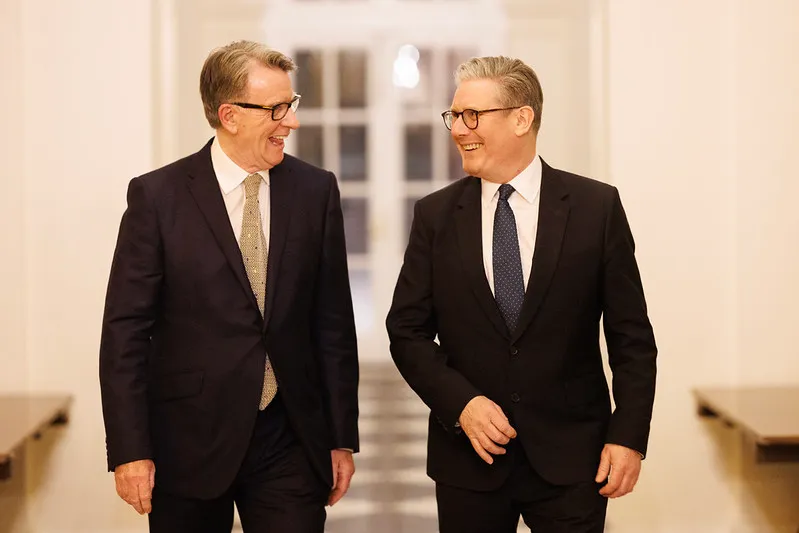Statements made by Russian diplomats, among them Deputy Foreign Minister Sergei Ryabkov and Ambassador to the U.S. Anatoly Antonov, at a conference on the 60th anniversary of the Cuban Missile Crisis indicate a mind set concerned with dialing down strategic tensions. “A face-off with the United States and NATO, which is fraught with an open armed conflict, is not in our interests,” Ryabkov told the conference by video link, reported TASS (TASS unfortunately does not tell us where the conference took place or who convened it.) “We hope that the Biden administration understands the risks of uncontrolled escalation of the conflict in Ukraine, given the repeated statements by their officials that they don’t plan to send American servicemen to Ukraine,” he noted.
Ryabkov charged that it’s the U.S. that’s been lowering the nuclear threshold, not Russia. “Ballistic missiles have been equipped aboard Trident II submarines, which have warheads of reduced power and are supposed to be used in scenarios involving a limited use of nuclear weapons. That said, the Americans are deliberately lowering the nuclear threshold, which creates an additional threat to our national security,” Ryabkov stressed. He also pointed to the B61-12 nuclear bomb, with its “dial-a-yield” feature “which in theory can reduce side-effects from its use.”
Ryabkov also accused the U.S. of destroying the traditional control over weapons. He said that Russia hoped to achieve results in this direction after the meeting of Russian and American leaders last summer in Geneva. “The presidents reaffirmed the well-known formula that there can be no winners in a nuclear war, so it should never be unleashed. Six months later, this maxim was echoed by the entire nuclear five in a joint statement by its leaders. Besides that, at the Geneva meeting of the presidents, bilateral talks on strategic stability were launched,” he said.
Ryabkov recalled that after these events, the American side halted discussions on strategic stability, and then rejected draft security guarantees for the Russian Federation. “After several rounds, the Americans stopped suddenly, ignoring our ideas about developing a new security balance, and then rejected the Russian initiative for legally binding security guarantees, including not expanding NATO, not deploying strike weapons near Russia’s borders, and returning the alliance’s structure to 1997 conditions,” he concluded.




